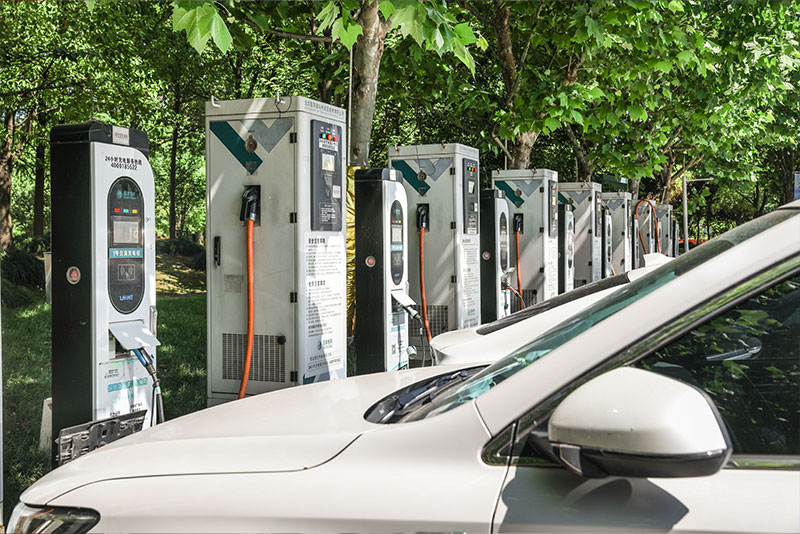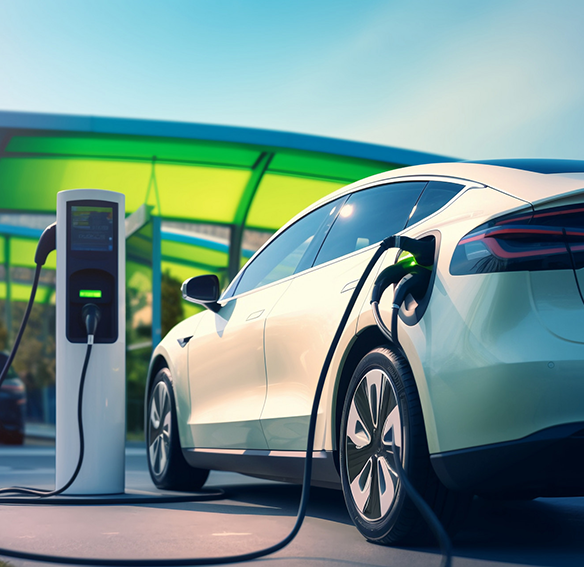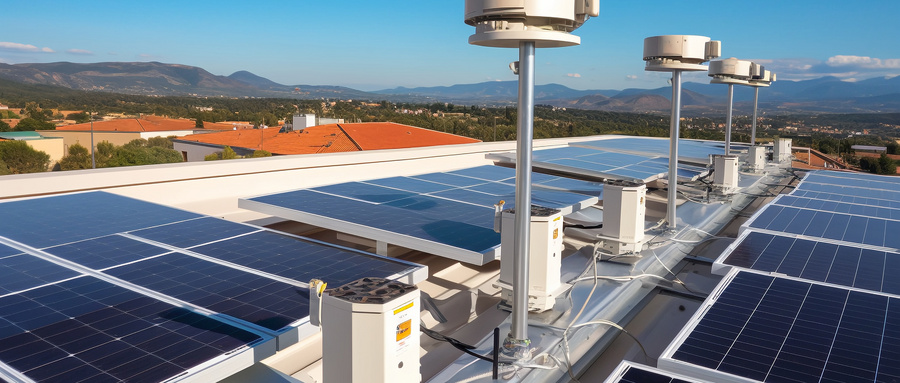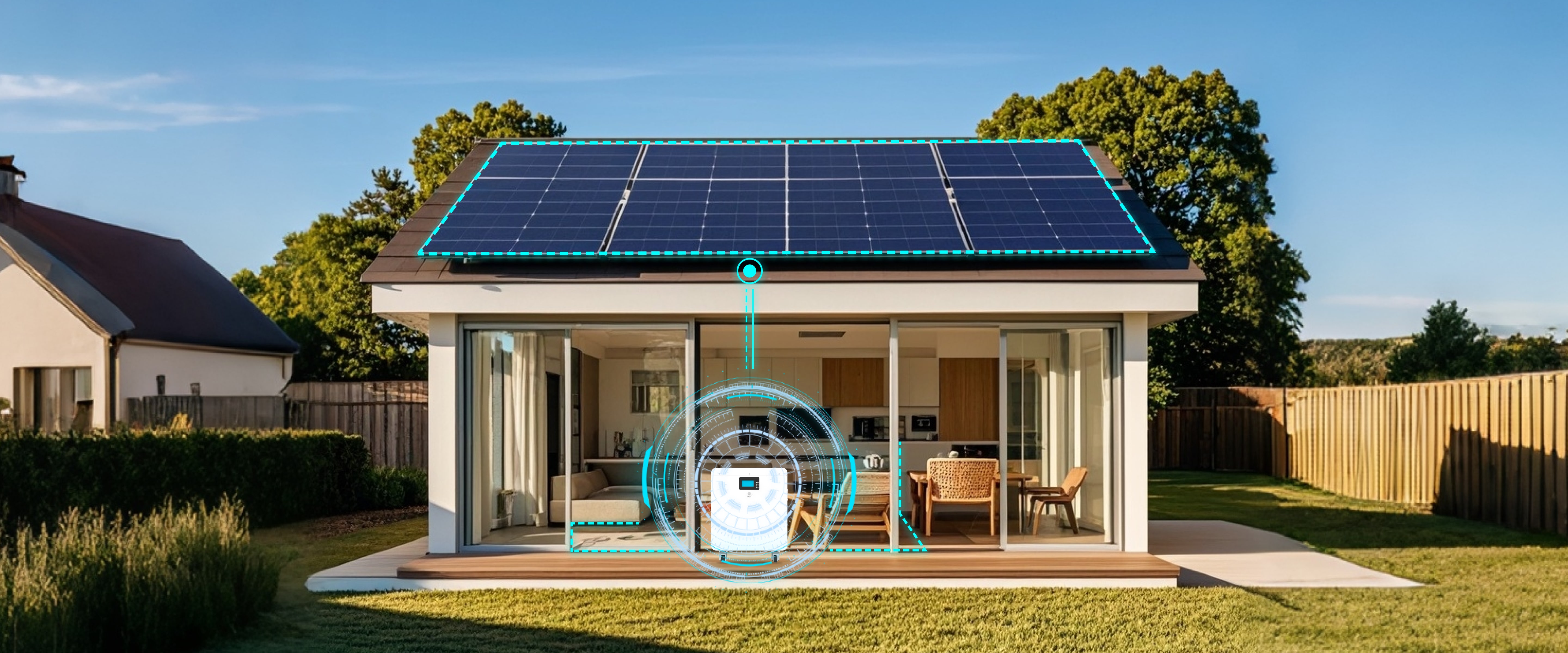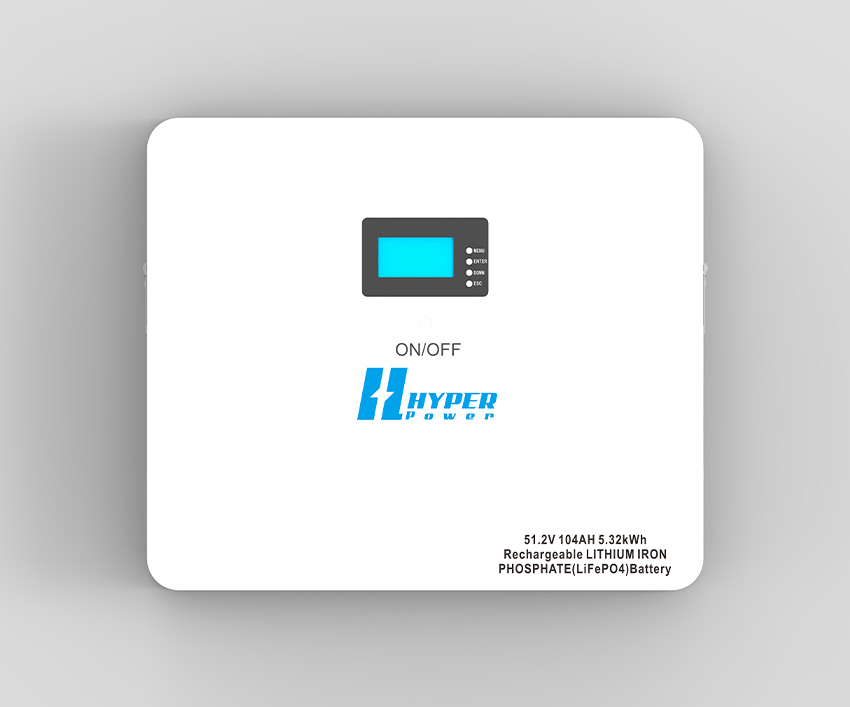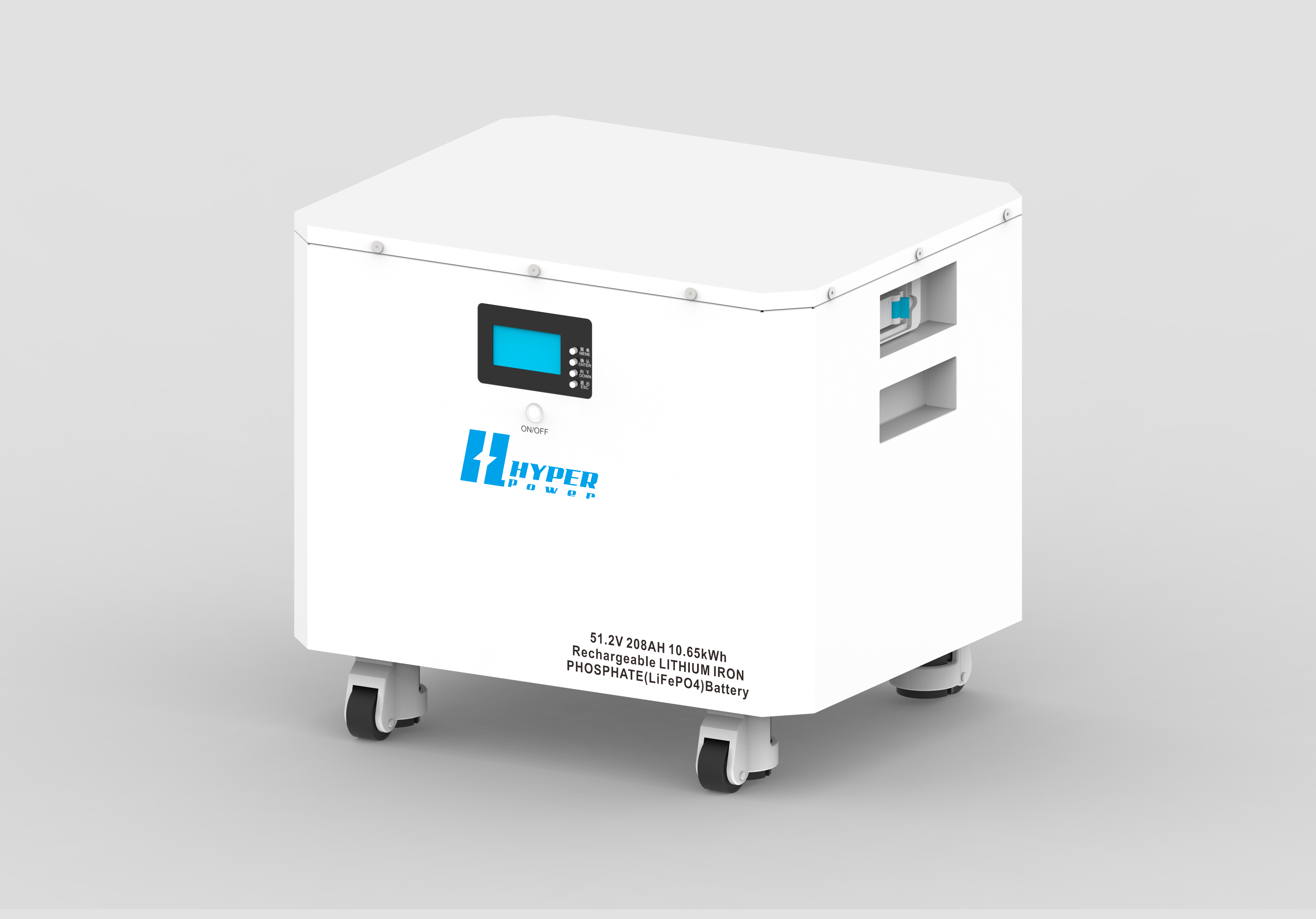The Growing Potential of the Residential Energy Storage Systems Market
In recent years, the global shift toward renewable energy and sustainability has created new opportunities and challenges for homeowners. As energy demands rise and environmental concerns intensify, the residential energy storage systems market has emerged as a crucial solution for individuals looking to optimize their energy consumption, reduce costs, and contribute to a greener future. With the advancement of technology, the growing adoption of solar power, and an increasing emphasis on energy independence, residential energy storage systems are quickly gaining popularity. In this blog, we will explore the growing potential of the residential energy storage systems market, examining key trends, technological innovations, and market drivers shaping the future of this industry.
Understanding Residential Energy Storage Systems
Before diving into the market trends, it’s essential to first understand what residential energy storage systems are and how they work. At their core, these systems are designed to store excess energy generated by renewable sources such as solar panels or wind turbines. The stored energy can then be used during periods of high demand or when renewable energy generation is insufficient, such as at night or during cloudy weather.
Typically, residential energy storage systems consist of rechargeable batteries, an inverter to convert DC to AC power, and a control system that optimizes energy use based on time-of-day rates and available power. With the ability to store clean, renewable energy, these systems can help homeowners reduce their reliance on the grid, lower energy bills, and improve energy resilience.

Market Overview and Growth Drivers
The residential energy storage systems market has witnessed significant growth over the past decade, driven by several key factors:
1. Rise in Renewable Energy Adoption
One of the primary drivers of the residential energy storage systems market is the rapid adoption of renewable energy, particularly solar power. As more homeowners install solar panels to reduce their carbon footprint and energy costs, the need for energy storage solutions has become more apparent. Solar energy production is intermittent— it can only be generated during daylight hours and is highly dependent on weather conditions. Energy storage systems allow homeowners to capture and store excess energy during the day and use it at night, ensuring a continuous and reliable power supply.
2. Energy Independence and Grid Stability
As energy costs continue to rise and concerns over grid reliability increase, homeowners are looking for ways to achieve greater energy independence. Residential energy storage systems provide a means of reducing reliance on the grid, especially during peak hours when electricity prices are highest. By storing energy during off-peak hours, homeowners can lower their electricity bills and mitigate the impact of power outages or grid failures. This autonomy is particularly valuable in areas prone to natural disasters, where power outages can last for extended periods.
3. Technological Advancements
Technological innovations have played a pivotal role in the growth of the residential energy storage systems market. Over the years, the efficiency, cost-effectiveness, and capacity of energy storage solutions have improved dramatically. Lithium-ion batteries, which are commonly used in residential energy storage systems, have become more affordable and durable, making them accessible to a broader range of consumers. Additionally, advancements in smart grid technology, AI-driven energy management systems, and advanced inverters have further enhanced the functionality of residential energy storage solutions.
4. Government Incentives and Policies
Government policies and incentives have been another crucial factor contributing to the expansion of the residential energy storage systems market. In many countries, governments are offering financial incentives, tax credits, and rebates to encourage homeowners to adopt renewable energy and storage systems. In the U.S., for example, the federal government provides the Investment Tax Credit (ITC), which allows homeowners to claim a significant percentage of their energy storage system’s cost as a tax credit. These incentives reduce the upfront cost of installing a residential energy storage system and make it a more attractive investment.
5. Environmental Awareness
As global awareness of climate change and environmental degradation increases, more homeowners are seeking eco-friendly solutions to reduce their carbon footprints. Residential energy storage systems enable consumers to utilize clean, renewable energy, helping them contribute to the fight against climate change. By decreasing reliance on fossil fuels and reducing greenhouse gas emissions, these systems align with the values of environmentally conscious consumers, making them an appealing choice for green-minded homeowners.
Current Trends in the Residential Energy Storage Systems Market
As the residential energy storage systems market continues to expand, several trends are shaping the industry’s growth trajectory. These trends are influencing the types of products available, consumer preferences, and the overall direction of the market.
1. Integration with Smart Home Technology
One of the most exciting trends in the residential energy storage systems market is the integration of these systems with smart home technology. Homeowners are increasingly seeking smart, interconnected solutions that allow them to monitor and control their energy use remotely. Residential energy storage systems are now being designed to work seamlessly with smart thermostats, energy management systems, and mobile apps. This integration enables homeowners to track their energy consumption, optimize their storage capacity, and make informed decisions about when to store or use energy, leading to more efficient energy management.
2. Battery Recycling and Sustainability
As the demand for residential energy storage systems grows, so does the focus on sustainability in the production and disposal of batteries. Lithium-ion batteries, which are widely used in energy storage systems, have a limited lifespan, and concerns over battery waste and recycling are becoming increasingly important. Manufacturers are working on improving battery recycling technologies to ensure that old batteries can be reused or repurposed, reducing the environmental impact of energy storage systems. Additionally, some companies are exploring alternative battery chemistries, such as solid-state batteries or sodium-ion batteries, which could further enhance the sustainability of the residential energy storage systems market.
3. Increased Battery Capacity and Modular Systems
As consumers seek greater storage capacity, there is an increasing demand for residential energy storage systems that can store more energy and meet higher consumption needs. To address this, manufacturers are developing systems with higher battery capacities and modular designs that allow users to scale their storage capacity as needed. Modular systems give homeowners the flexibility to add additional storage capacity over time, making it easier to expand as their energy needs grow or as they add more renewable energy sources, such as additional solar panels.
4. Energy Storage as a Service
A newer trend in the residential energy storage systems market is the concept of “energy storage as a service” (ESaaS). Under this model, homeowners can subscribe to a service that provides access to energy storage solutions without the upfront cost of purchasing and installing a system. Instead, the service provider manages the installation, maintenance, and operation of the energy storage system, and homeowners pay a monthly fee. This model makes energy storage more accessible to a broader range of consumers, particularly those who may not have the capital to invest in a system upfront.
5. Expansion of Virtual Power Plants (VPPs)
Virtual power plants (VPPs) are a growing trend in the energy sector, and they are starting to play a role in the residential energy storage systems market. A VPP is a network of distributed energy resources, such as residential energy storage systems, solar panels, and electric vehicles, that are collectively managed to optimize energy production and consumption. VPPs can provide homeowners with additional benefits, such as compensation for supplying stored energy back to the grid during periods of high demand. This trend is likely to continue as the grid becomes more decentralized and demand for flexible energy solutions increases.
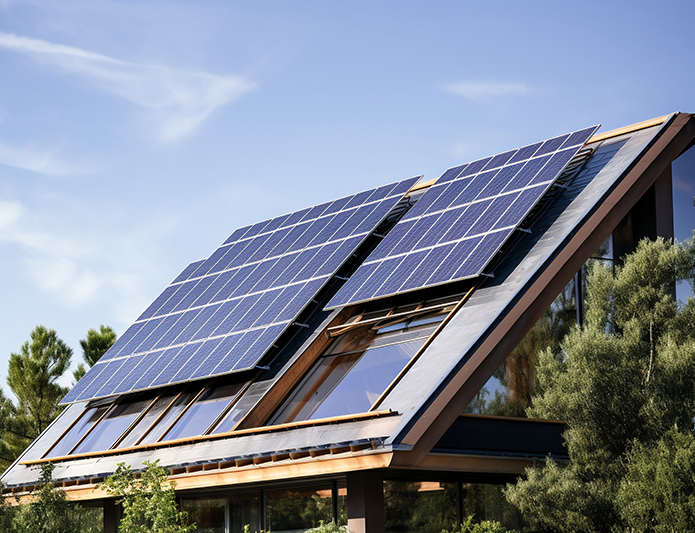
Key Players in the Residential Energy Storage Systems Market
The residential energy storage systems market is highly competitive, with several companies leading the way in innovation, production, and market share. Some of the key players in this space include:
- Jujiang New Energy: Jujiang New Energy is a pioneering leader in the renewable energy industry, focused on the development and production of high-performance lithium batteries, solar batteries, and residential energy storage systems. Our lithium batteries are celebrated for their reliability, efficiency, and long-lasting performance, making them suitable for a broad spectrum of applications. Our state-of-the-art solar batteries seamlessly integrate with solar power systems, maximizing energy storage and utilization. Furthermore, our residential energy storage solutions enable homeowners to take control of their energy use, reducing dependence on the grid and lowering electricity costs. With a steadfast commitment to quality and sustainability, Jujiang New Energy offers innovative solutions that accelerate the global shift towards clean energy. Join us in powering a cleaner, greener, and more sustainable future with cutting-edge energy storage solutions.
- Tesla: Known for its Powerwall, Tesla is one of the most prominent names in the residential energy storage systems market. Tesla’s energy storage solutions are widely regarded for their efficiency, design, and integration with solar panels and smart home systems.
- LG Chem: LG Chem is another leading player, offering a range of energy storage systems for residential use. The company’s batteries are known for their high energy density, reliability, and long lifespan.
- Sonnen: A German company that specializes in smart energy storage systems, Sonnen’s products are known for their energy management capabilities and integration with smart home devices.
- Enphase Energy: Enphase is a major player in the solar energy industry and has expanded into the residential energy storage market with its IQ System. Enphase focuses on providing homeowners with reliable, modular energy storage solutions.
- BYD: A Chinese company, BYD offers a variety of residential energy storage solutions that are gaining traction globally. Known for its innovation and affordable pricing, BYD is making energy storage more accessible to homeowners around the world.
Conclusion
The residential energy storage systems market is poised for continued growth as technological advancements, increasing demand for renewable energy, and shifting consumer preferences drive change in the energy landscape. By providing homeowners with greater energy independence, cost savings, and environmental benefits, residential energy storage systems are becoming an essential part of the modern energy ecosystem. As the market expands, innovations such as smart integrations, larger battery capacities, and energy storage as a service will further transform the way we think about energy use in the home. With governments supporting the transition to clean energy and a growing emphasis on sustainability, the potential for residential energy storage systems is vast, offering exciting possibilities for homeowners and the energy industry as a whole.
Blog

A Comprehensive Guide to Solar Battery Energy Storage Systems
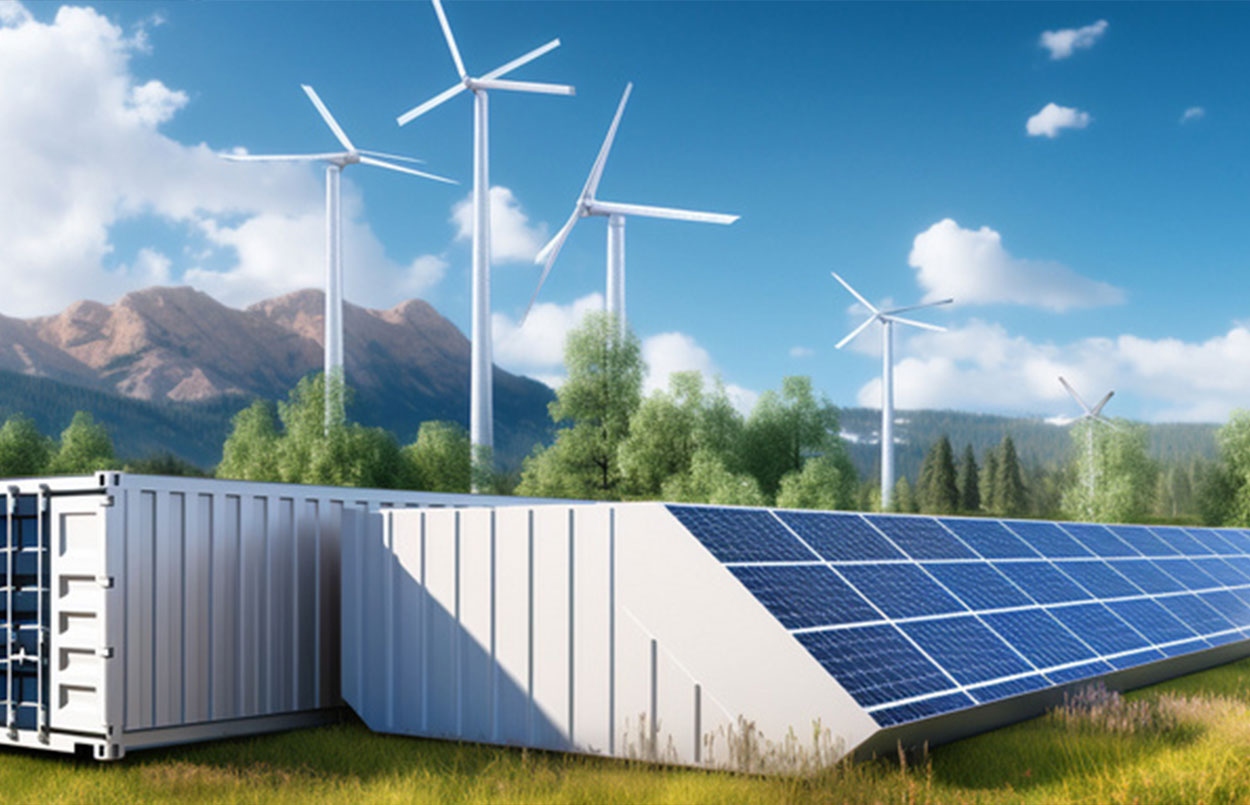
The Ultimate Guide to Lithium-Ion Battery Banks for Home Energy Storage

Unlocking the Potential of Commercial Solar Battery Storage Systems
-Charging.png)


.jpg)










